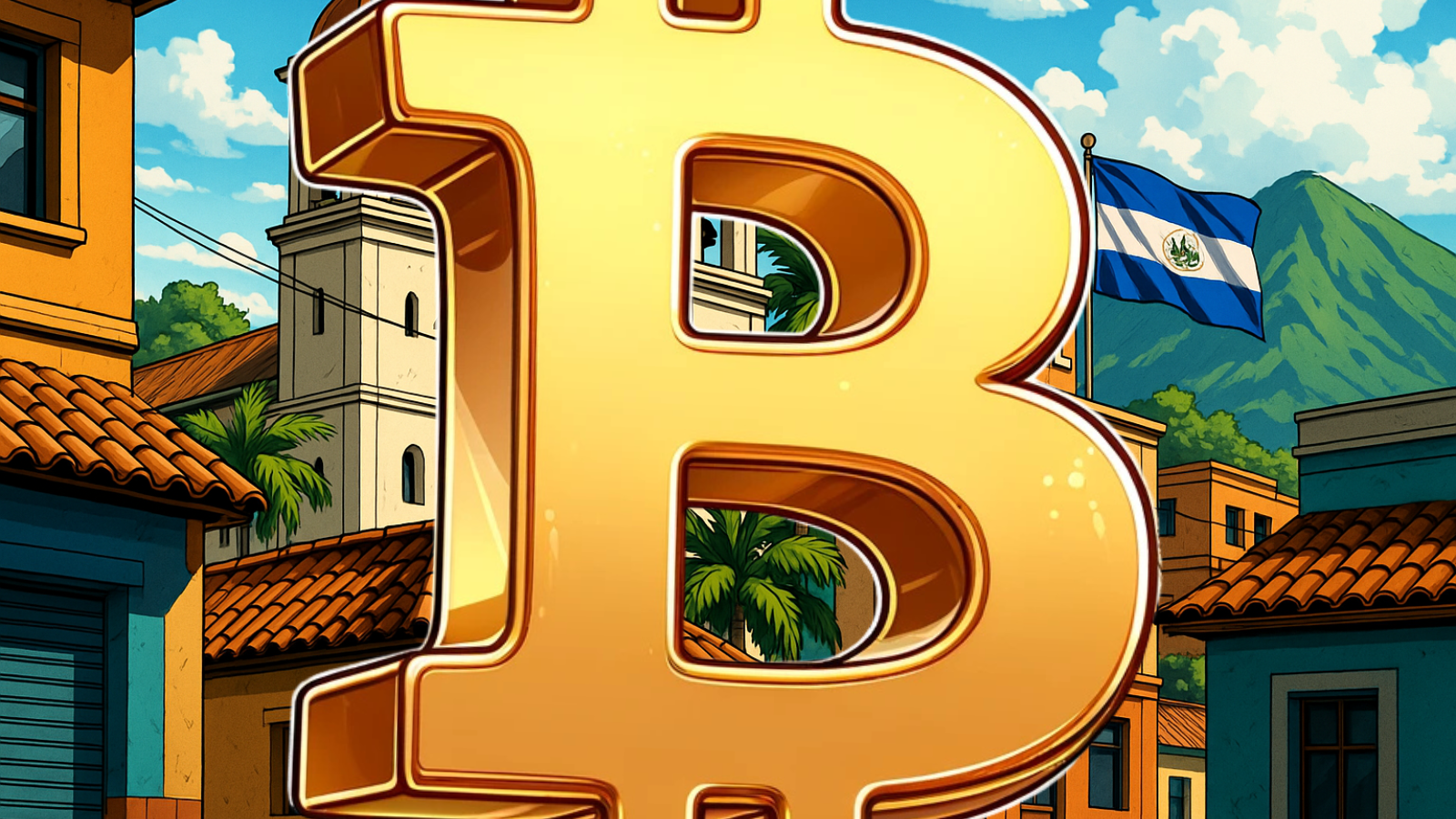El Salvador Moves $678M Bitcoin Amid Quantum Hacking Fears
Government splits reserve into 14 wallets as IMF tensions linger

El Salvador has shifted its entire Bitcoin reserve, worth $678 million, into 14 separate wallets in a move to guard against future quantum computing threats. The country’s Bitcoin Office confirmed the redistribution on Friday, explaining that each new wallet now holds up to 500 BTC. Officials said splitting the funds lowers potential exposure should quantum computers one day crack Bitcoin’s cryptography.
The shift marks a change from El Salvador’s previous strategy of keeping all 6,274 BTC in a single address. Blockchain data shows the on-chain transfers took place Friday, signaling the government’s proactive stance in securing its digital wealth.
Quantum research firm Project Eleven previously warned that more than 6 million Bitcoin, valued at around $650 billion, could be at risk if quantum computing advances far enough to break elliptic curve cryptography (ECC). However, experts emphasize that the danger is still distant. Current quantum systems cannot break even minimal encryption, and Bitcoin’s private keys use 256-bit security.
Industry voices remain divided on the urgency. MicroStrategy’s Michael Saylor dismissed fears as hype, arguing that if quantum technology ever becomes a credible threat, the Bitcoin network can simply be upgraded through new hardware and software, similar to updates in major tech companies and government systems.
Meanwhile, El Salvador continues to face scrutiny from the International Monetary Fund. A July IMF report claimed the nation has not purchased Bitcoin since February, contradicting the Bitcoin Office’s ongoing public posts about acquisitions. The government previously agreed to scale back its Bitcoin initiatives as part of a $1.4 billion IMF funding deal in December 2024, though disputes over the terms remain unresolved.
El Salvador’s bold experiment with Bitcoin remains under the global spotlight, balancing innovation, skepticism, and financial diplomacy.


